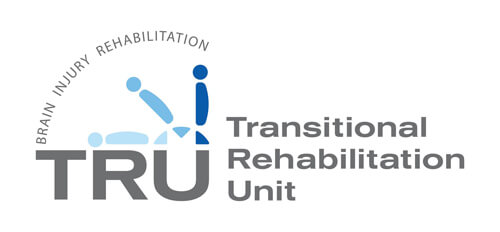For the past 25 years TRU has demonstrated the hidden potential for rehabilitation.
TRU has researched and established a pathway for ABI rehabilitation which features flexibility and person-centred approach.
Our service users are able to join or discharge from the pathway at any stage dependent upon their needs, on commencement at TRU, or their progress during rehabilitation.
Rehabilitation Units
We have 5 residential rehabilitation units within an 6 mile radius. This allows us to offer specialist person centred rehabilitation to all our service users.
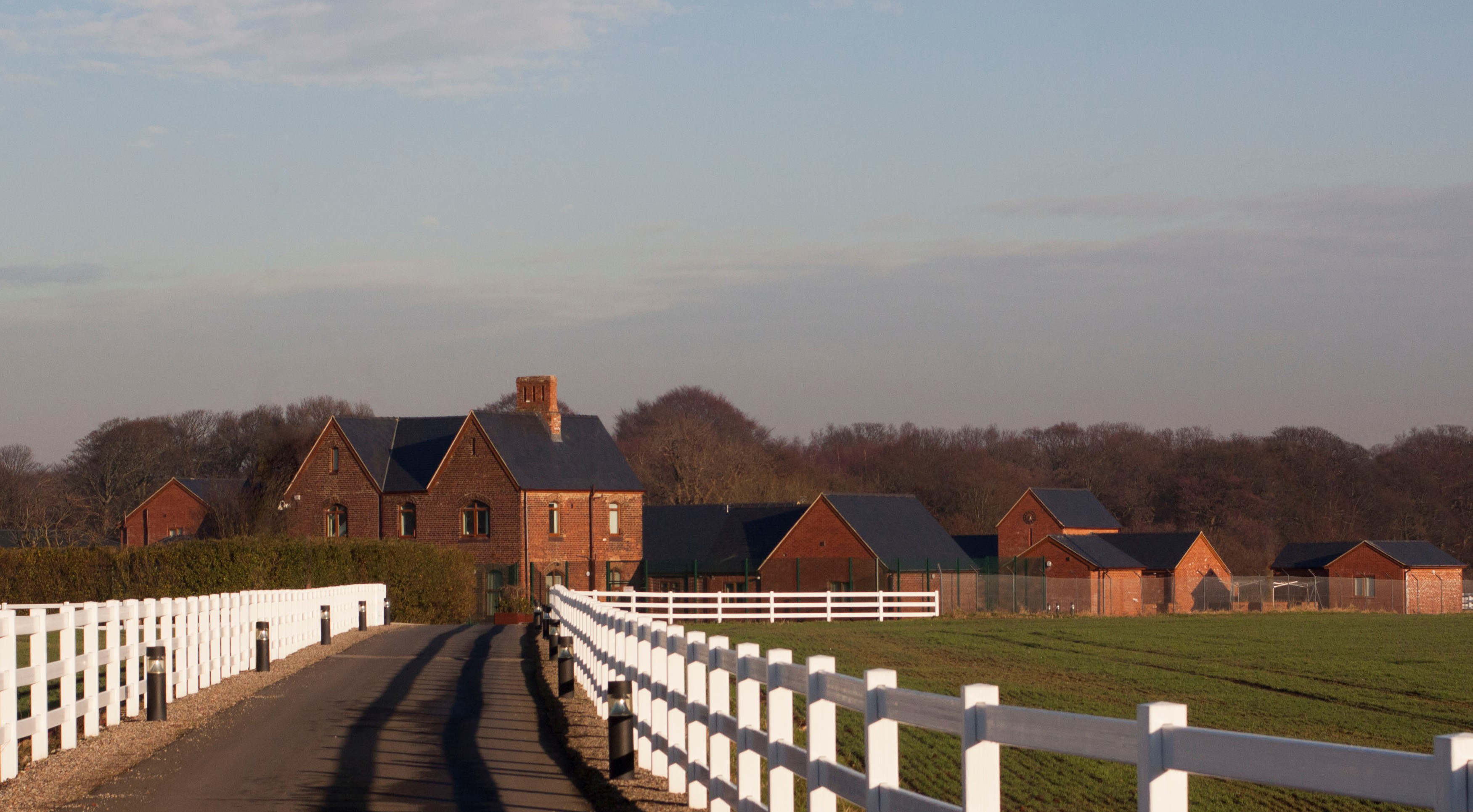
Haydock Lodge
Haydock Lodge houses two units on one site; The Willows and The Lowton units.
The Willows unit is registered for service users with complex needs and physical disabilities, and can present an opportunity for early intervention for people in the initial stages of recovery from ABI.
Whilst the The Lowton unit is a 7 bed unit offering a supported living environment for service users on their ABI rehabilitation pathway.
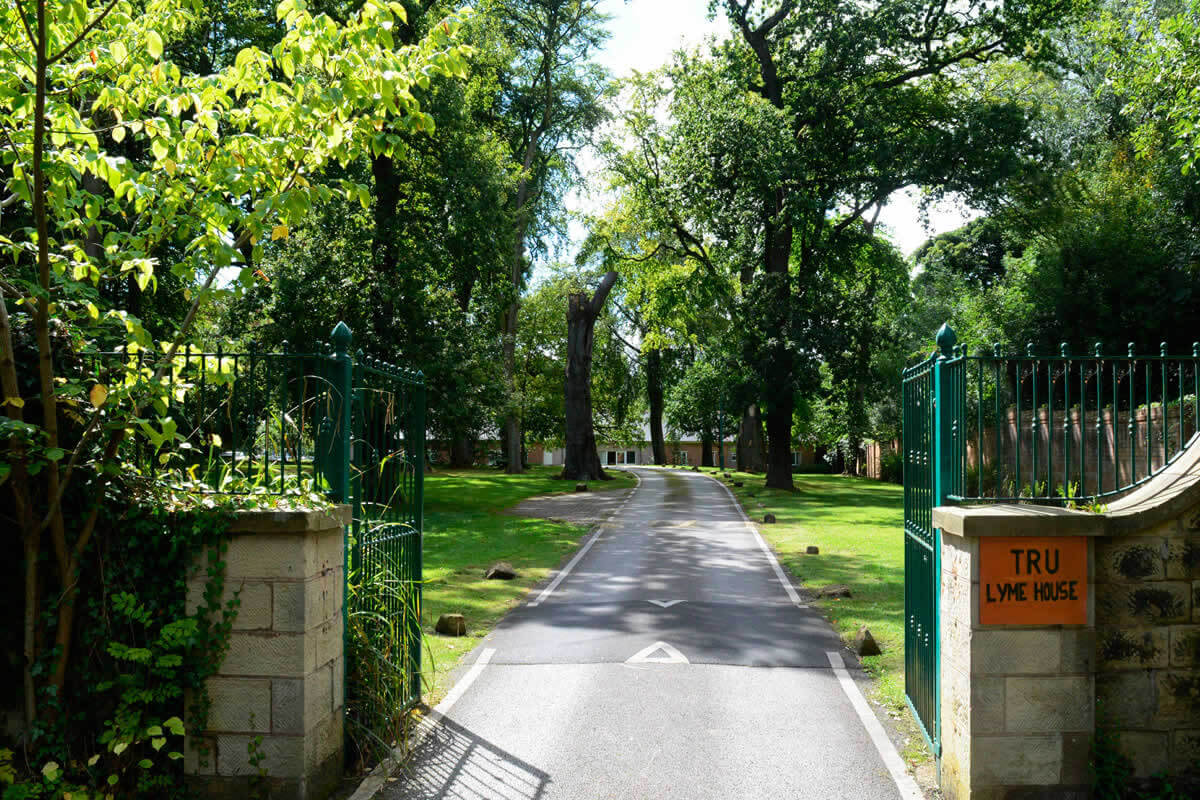
Lyme House
Neurobehavioral Pathway
Working alongside the service users personally and their family support network, the team at Lyme House provide a specialist rehabilitation programme to both help motivate and address management of cognitive deficits, aggression, impulsivity and socially inappropriate behaviour. It provides the foundation for independence and structure for successful achievements.
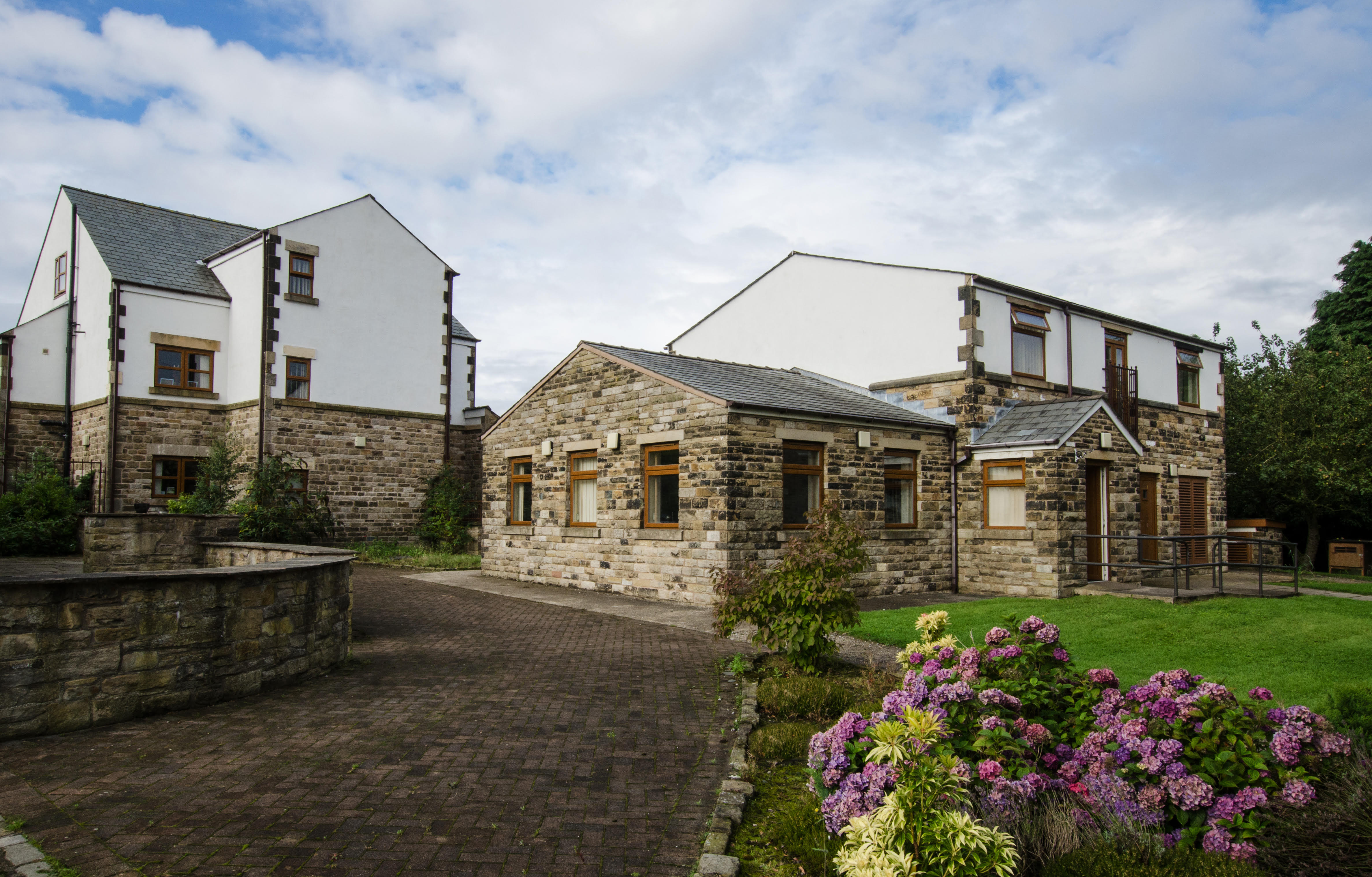
Chapel House
Community Integration Pathway (Including Long Term Support)
Chapel House continues to support and develop motivational and behavioural activities whilst providing the opportunity to develop and increase levels of daily living skills in preparation for community re-entry.
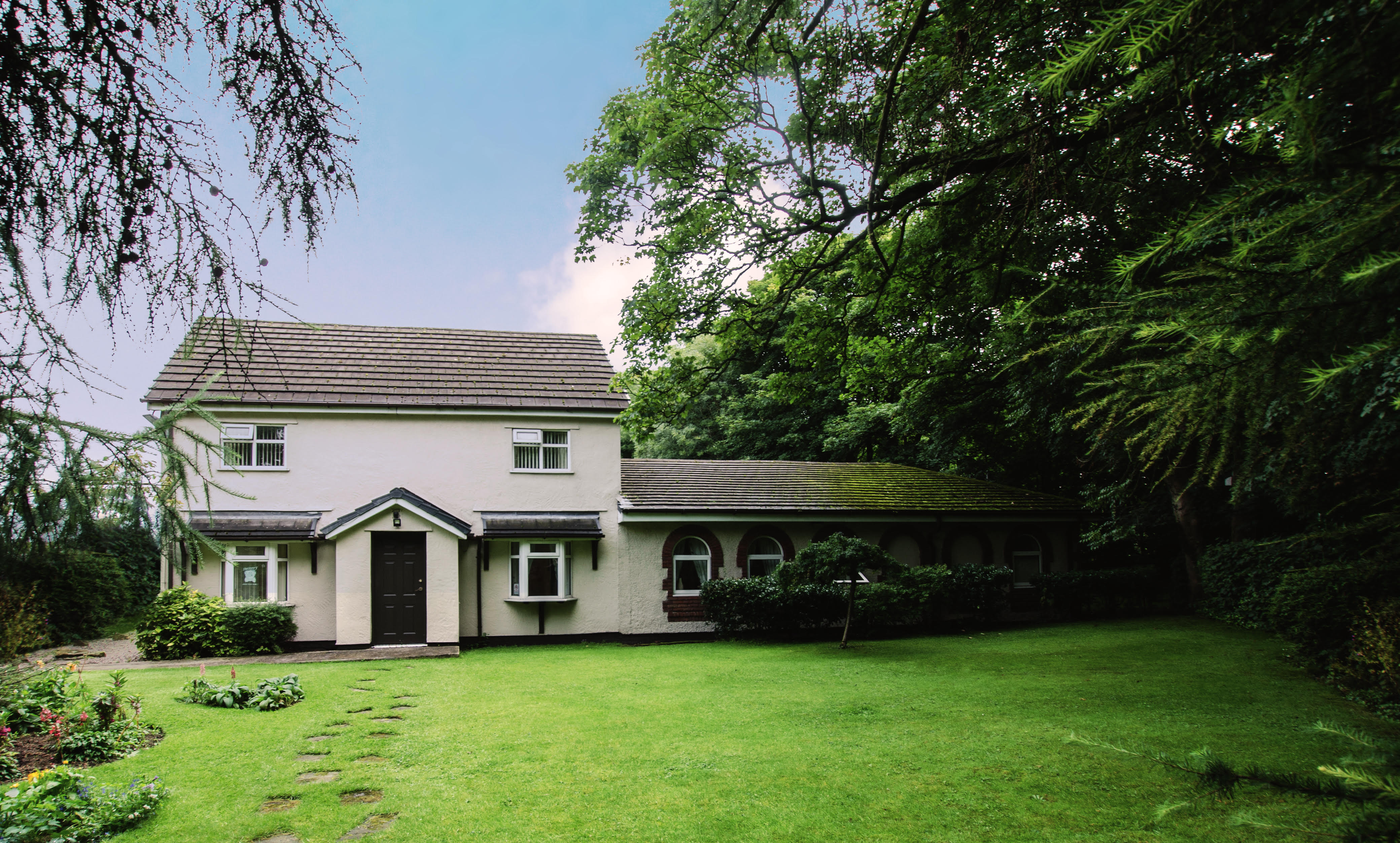
Ashton Cross
Ashton Cross is a supported living environment for service users who have completed the rehabilitation element of the ABI pathway. There is a provision of specialist staff who continue to support the service users in a person centred way to maintain their rehabilitation gains. This is a long or short term facility concentrating on quality of life in a least restrictive homely environment.
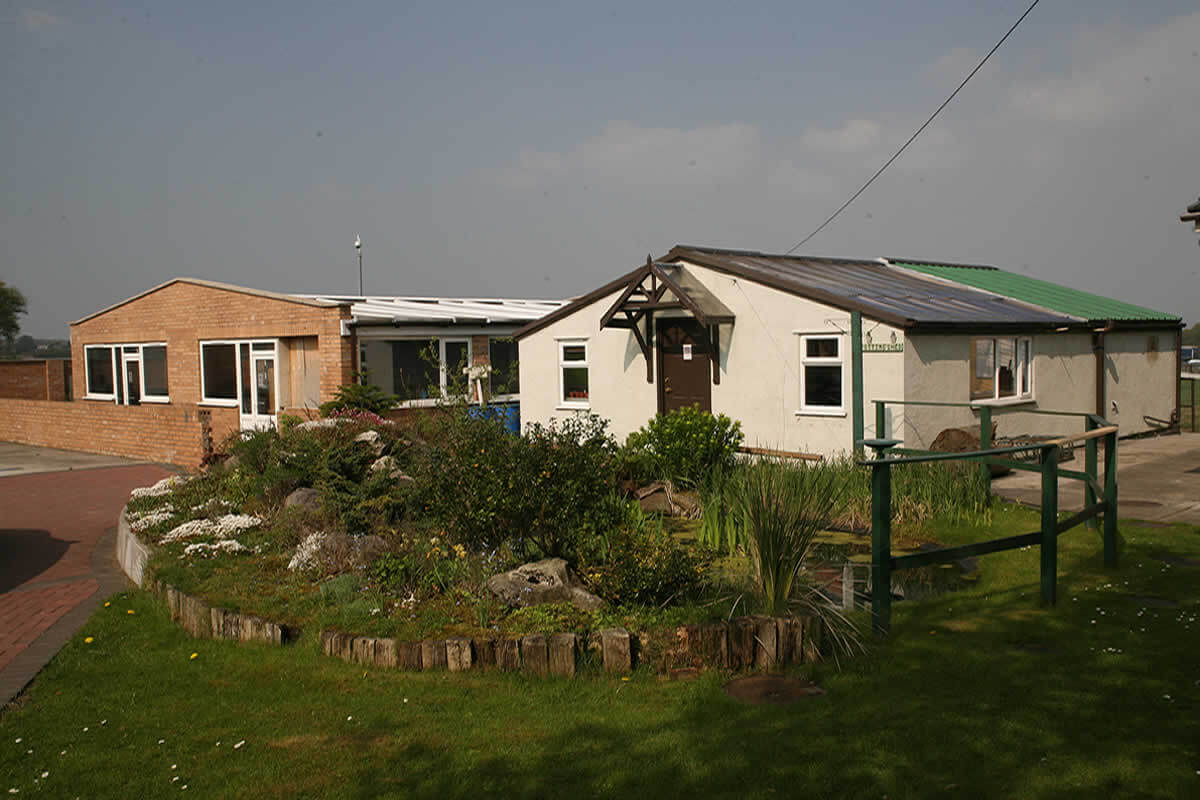
Community Outreach Pathway Support
Community Outreach provides an opportunity to develop long-term support for service users in their own home, providing experienced specialist ABI rehabilitation support professionals for individuals who have progressed back into the community.
TRU also offers periods of specialised support for individuals living within a 50 mile radius of TRU. Our trained community team can support case managers, social workers and funders with initial transfers into the community, whilst alternative teams are sought, trained and established.
